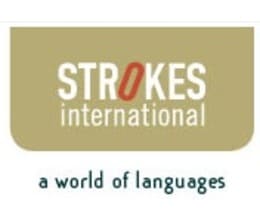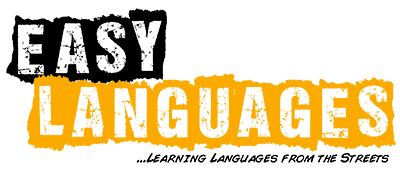iLanguages Mini-Review: Almost Identical to Learn 101
ilanguages
Summary
Learn 101 is almost identical to iLanguages; they have the same native speaker audio files, languages, and mostly identical ‘lesson’ layouts. The main differences are that Learn 101 seems to have added some grammar explanations and reformatted a bit, while iLanguages seems to have added some extra phrases. Since every one of the languages’ “lessons” has the exact same format, including the grammar section, you will learn how to say ‘and’, ‘but’, and ‘or’, in 107 languages, but you will not learn where these types of words fit within a specific language’s sentence structure. Every page is just a list of words with a translation (and sometimes an IPA symbol transliteration). This site could be used if you want to hear native speakers pronounce basic words in very rare languages, or if you want to look up the IPA symbols of a rare language’s alphabet — otherwise, you’re probably better off making flashcards yourself on Anki or trying one of the hundreds of other resources we recommend on this site.
iLanguages Mini-Review: Almost Identical to Learn 101 Read More »










